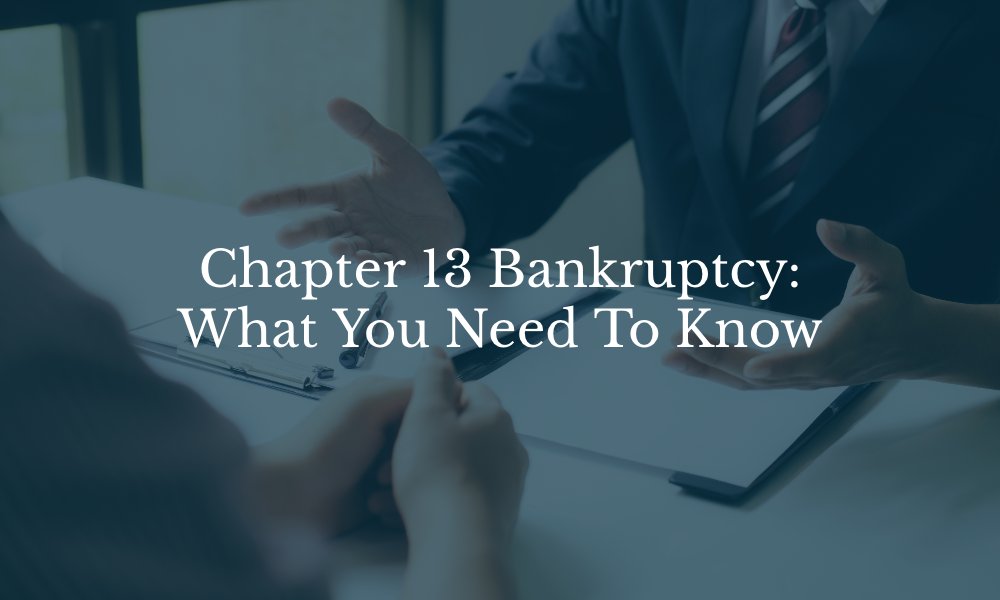20+ year of experience
Insurance Defense Lawyers
Personal attention
Strong and Dedicated Lawyers
Eager to Protect our Clients Find out if you have a case Find out if you have a case
Eager to Protect our Clients Find out if you have a case Find out if you have a case
